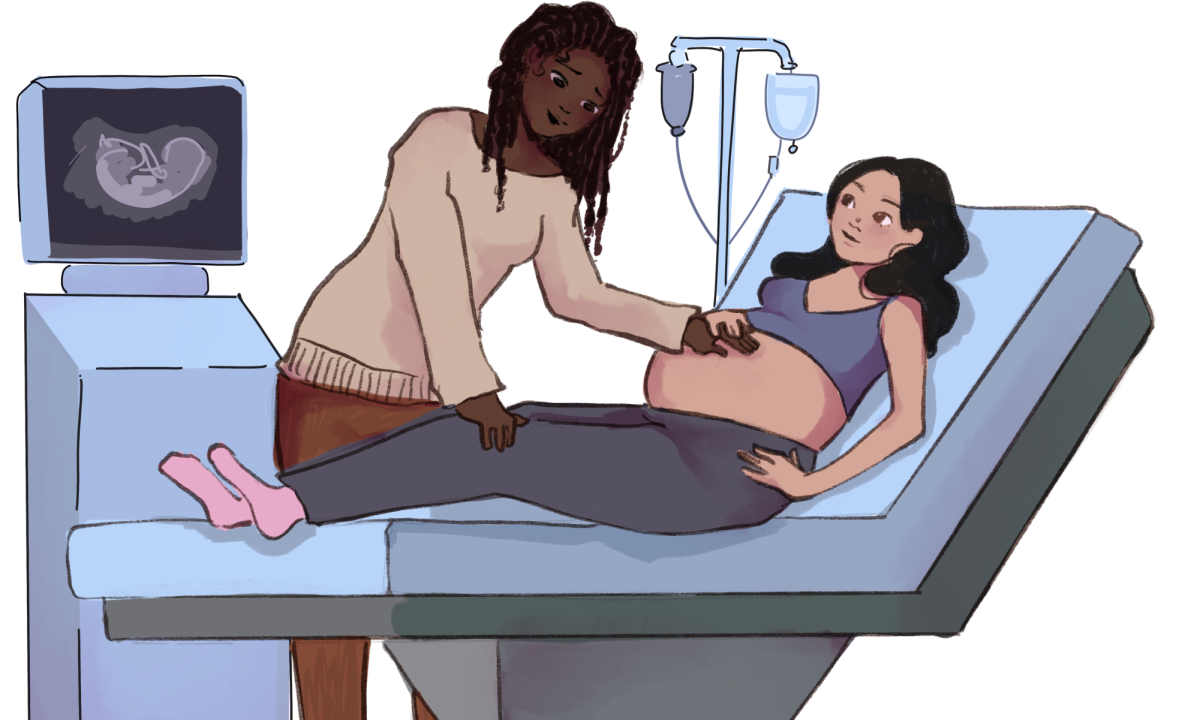During this election season, there’s been a lot of discussion about Obamacare, Romneycare, the Affordable Care Act, healthcare and Medicare. And at this point, it is likely you don’t care.
Why should you? Maybe you think Medicare is for old people so it doesn’t matter. Maybe you don’t know the difference between Medicare, Medicaid, and Medical.
But here’s the thing: you have to care. Healthcare reform doesn’t just affect the elderly and the uninsured. Provisions in the Patient Protection and Affordable Care Act (PPACA), which aims to reduce the number of Americans without healthcare and lessen health insurance costs, have already changed your health insurance policies.
Right now, you are likely covered under your parents’ health insurance. They might have insurance with a private company or through their workplace. Often, your parents will have to pay a certain amount of money per year, a “deductible,” before the insurer will cover the remaining costs. When you get a prescription, you pay a small percentage of the cost, a “co-payment,” and the insurance company will pay the rest.
Some of these policies will change. I’m by no means an expert on healthcare, but I’ve read the bill, and this is stuff you need to know. These are details of the healthcare reform plan taken directly from the PPACA bill that affect you right now and provisions that will change your ability to get health insurance in the future.
Since Sept. 23, 2010, children have been allowed to remain under their parents’ insurance coverage until they turn 26, even if they don’t live with them. Insurance companies can no longer drop people if they become ill.
Starting Aug. 1, 2012, all plans have to cover preventative care, including check-ups and contraception, without charging a deductible.
To pay for the healthcare expansion, the income tax of those in the highest tax bracket will be increased by 3.8 percent starting Jan. 1, 2013.
By Jan. 1, 2014, insurance companies will no longer be able to deny coverage based on sex or pre-existing conditions.
This means you are covered under your parents’ insurance plan until your 26th birthday, so you’ll have dependable healthcare during college, graduate school, and even an unpaid internship. If you suddenly become sick, your insurance company can’t decide to stop covering you because it costs them. If you, like nearly 50 percent of non-elderly Americans, according to a 2011 Human Health Services study, have a pre-existing condition (including diabetes, auto-immune illnesses and cancer), an insurance company cannot refuse to cover you. It also means that the wealthy will pay more taxes to cover the health insurance costs of those who can’t afford to.
Providing comprehensive health insurance for a nation of 315 million people is not an easy task, and I don’t claim this bill solves every problem in the healthcare system, but in my mind, the benefits outweigh the drawbacks. It’s extremely important that in the future, I will be able to get health insurance regardless of my sex or a pre-existing condition. I am glad that I have the option to use my parents’ insurance until I’m 26, because I don’t know if I will be able to find a job with health insurance immediately out of college.
According to the Center for Disease Control and Prevention, 75 percent of our healthcare costs stem from treatment of preventable illnesses. I believe access to preventative care will help both individuals’ health and, the overall physical and economic health of the country.
If you don’t know where you stand, think about it. Are we as a nation obligated to help those who can’t provide for themselves? Is access to healthcare a right? Should insurance companies have the right to decline coverage to people with pre-existing conditions because it will cost more to insure them?
This issue should be important too. You don’t have to agree with me, support the PPACA, or even be eligible to vote in November, but you do need to have an opinion. This is an issue that affects you every day of your life.































